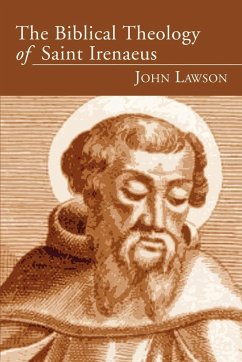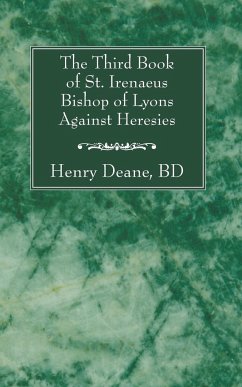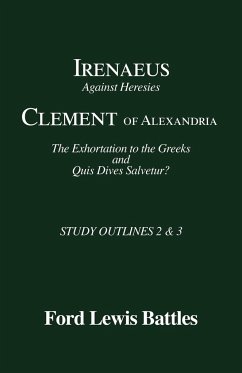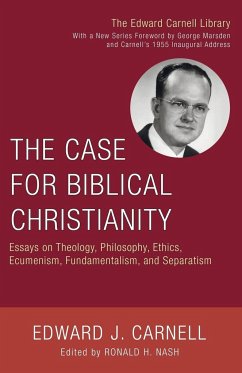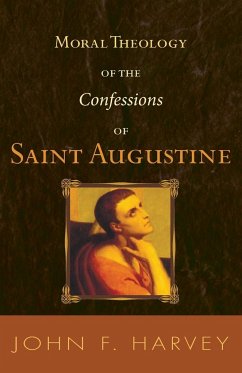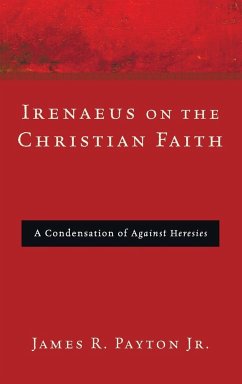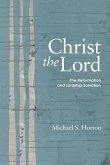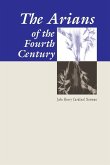Is the history of the early Church the story of a movement away from the religion of the New Testament into Hellenic speculation, institutionalism, and bare moralism? Many present issues are affected by the judgment made upon this matter, which the author seeks to illuminate in his Cambridge Dissertation. There is in St. Irenaeus a doctrine of Creation and Revelation by "The Two Hands of God, and likewise "Recapitulation, and exposition of the Saving Work of Christ. The claim is here advanced that of these doctrines the former is an expression of the Hebraic conception of the Living God, who is transcendent yet immediately active in Creation and Revelation. The latter is thoroughly Pauline, and is a statement of the "Classic theology of the Atonement. Together with his necessary emphasis upon the Church and Episcopate, Irenaeus has preserved the Gospel of real redemption by personal faith in Christ.
Hinweis: Dieser Artikel kann nur an eine deutsche Lieferadresse ausgeliefert werden.
Hinweis: Dieser Artikel kann nur an eine deutsche Lieferadresse ausgeliefert werden.

